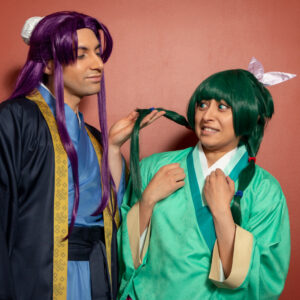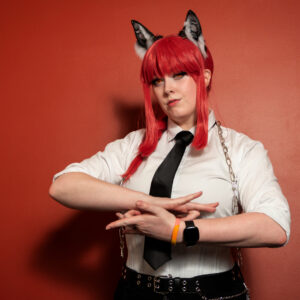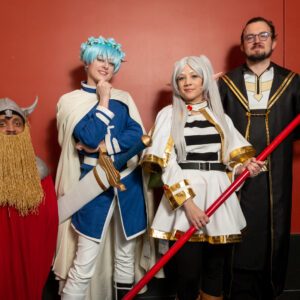Iron Fist’s Issues Infect The Defenders
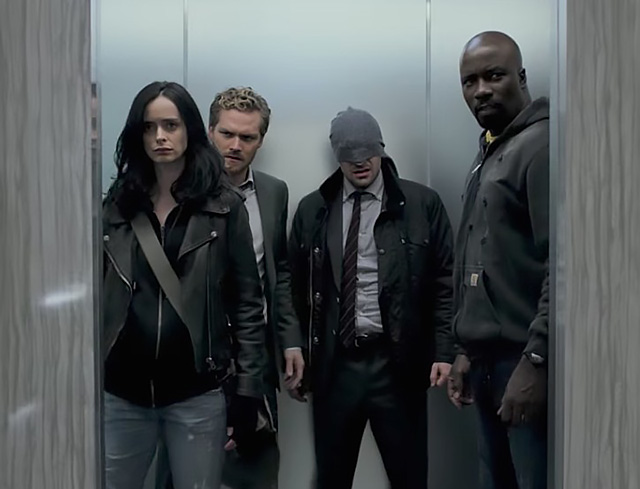
Netflix and Marvel have finally this week brought together the heroes Daredevil, Jessica Jones, Luke Cage and Iron Fist in the long-anticipated team show The Defenders. Is it right up there with The Avengers or is it a bit more like X-Men: Apocalypse? Below is my mostly spoiler free review. I say mostly because there are a couple of very minor elements I need to mention to explain my opinion of the show.
The Defenders works best when, like The Avengers, the team dynamic is front and center — even if that team has not yet formed and the members are at each other’s throats. And it works quite well when the four-person team splits up into smaller groups. Even the individual stories are for the most part compelling and drive the overall narrative forward — and that’s where the show has it’s major flaw. Danny Rand is no better or more interesting a character than he was in Iron Fist.
The problem with The Defenders is the same problem with Iron Fist, and that is the plot is often driven by Danny doing something stupid yet again.
The Defenders takes place after the upcoming Iron Fist season 2, and while there are some clues as to what happens in that show, one thing we can say for sure about season 2, Danny doesn’t learn a damn thing.
I get that he is supposed to be the least experienced of the team when it comes to really fighting evil, but he was trained for more than a decade by mystical monks to channel his chi, which is all about being centered. Yet even a character like Ghost Rider is less hot-headed than Danny, and makes fewer emotion-driven mistakes. In two instances — minor spoiler alert — someone says to Danny some version of “You might be the dumbest Iron Fist ever.” Even if the lines were said by bad guys, I found myself applauding.
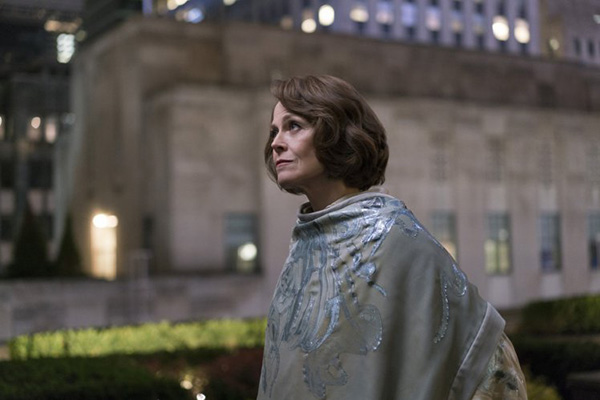
Danny’s character makes it really unlikely that he and Luke Cage would become close crime-fighting partners and even best friends, as is the case in the comic books.
In Luke Cage, from the cinematography to the direction to the writing to the choice of music, it was all about the black experience in America. In The Defenders, Luke is a fish out of water. He is teamed up with a white red-headed lawyer with anger issues, a white blonde billionaire with confidence issues (and seemingly developmental disabilities) and a white suburban girl with daddy and substance issues.
So when, in a late fight scene, the music suddenly turns to rap, it seems jarringly out of place. You can almost hear the pandering conversation: “We need some way to tell the urban audience this show is for them too.” “I know, let’s use some of that rap music those urban folks like so much!”
The Defenders pays the barest of lip service to Danny’s white privilege, when Luke calls him out on it, then it is heard of no more. And it completely ignores the white savior trope that is at the very heart of the Iron Fist story. In the comics at least there is acknowledgement of some resentment toward Danny for being the outsider that achieves the ultimate mastery of something people have studied for centuries before he showed up. But this Netflix Danny is a petulant poster-boy for privilege and there is zero chance Luke would even tolerate him, and less that he would achieve the Iron Fist.
And make no mistake about it, this is the Iron Fist v. Daredevil show. You will be lost if you haven’t seen both seasons of Daredevil and the one of Iron Fist, but you won’t miss a beat of you missed watching Jessica Jones or Luke Cage. Nothing that happened in either of those shows has any influence on the story or plot of The Defenders.
That’s not to say their characters get short shrift — as I said, the team dynamic is what makes The Defenders enjoyable, and everyone gets equal time in the spotlight. Even with that equanimity, Luke and Jessica are relegated to the roles of moral conscience and comic relief respectively, while Matt and Danny are the linchpins of the plot.
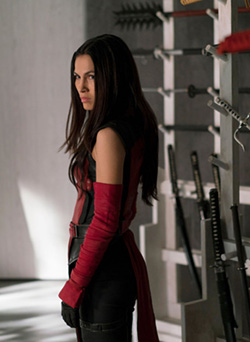
As good as the team dynamic writing is in The Defenders, it is the team of villains that makes the show, and at the very tip top of that list is the wonderfully evil Sigourney Weaver. Her character Alexandra Reid could give Vincent D’Onofrio’s Wilson Fisk a run for villain of the year. And kudos to the writers for using her as the connecting point that explains a lot of the missing backstory behind the organization The Hand. It is done with flashbacks, with dialogue and only occasionally with plain exposition.
However, the conflict between The Hand and the Defenders isn’t even the main burning question of the show — it is What will happen with Elektra? In the comics Elektra becomes a very popular anti-hero, so the question of whether or not she will be a tool for The Hand or become the comic book Elektra is the central question. Everything else is conflict that supports that question. So, while Alexandra is played with magnificent evil, ultimately how bad she is doesn’t really matter except for how it will affect the outcome of Elektra’s story.
All of these construction issues — and the continued problems with Finn Jones as an allegedly superlative kung fu master — aside, The Defenders is a fun, if short ride. Clocking in at a mere eight episodes, it is ⅔ the size of every other Netflix Marvel show so far. And that is a very good thing, as the pacing is greatly improved.
Watch it if you have caught up on the other Netflix Marvel shows, so you can enjoy the team dynamic, the smart dialogue, and even the good use of all of the secondary characters from each individual show. But if you have to get a refill on your drink whenever Danny Rand is on screen, well, I understand.
The Defenders (Marvel Television, Netflix, TV-MA) 3 out of 5 stars.

